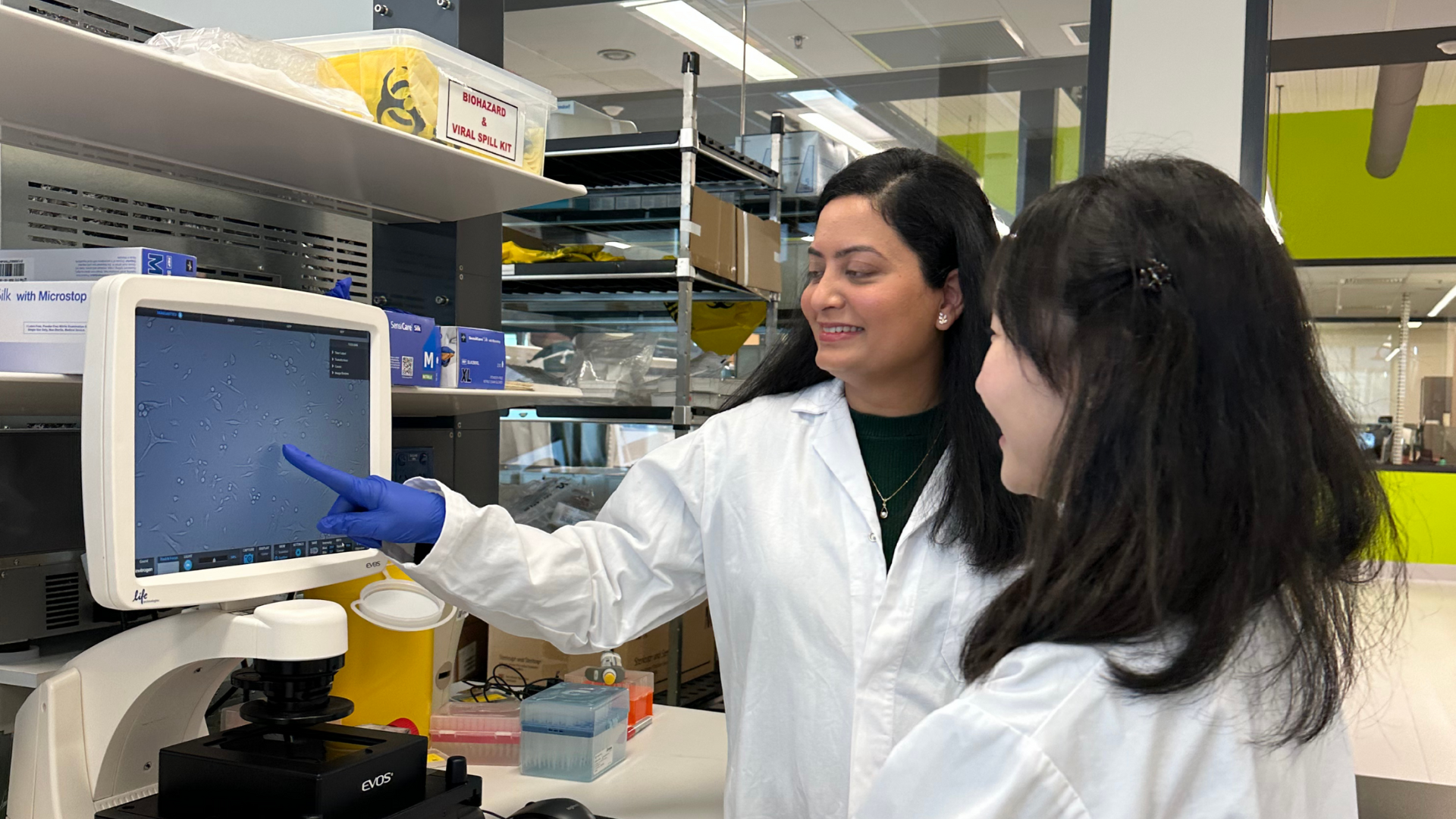Developing a new cellular immunotherapy for T-cell lymphoma

We are pleased to provide an update on a pioneering research project to develop a new cellular immunotherapy for T-cell lymphoma. The research project, supported by the Snowdome Foundation, is being led by Dr. Criselle D’Souza under the supervision of Prof. Paul Neeson at the Peter MacCallum Cancer Centre.
T-cell lymphomas are a diverse group of blood cancers that develop from immune cells called T lymphocytes. These lymphomas are divided into two main types: peripheral T-cell lymphomas (PTCL) and cutaneous T-cell lymphoma (CTCL). A diagnosis of these lymphomas is rare, with approximately 440 Australians diagnosed with PTCL annually and an additional 285 diagnosed with CTCL. Whilst rare, incidence rates of these T-cell lymphomas are increasing. Sadly, the majority of patients with T-cell lymphomas will develop metastatic disease which is associated with poor survival rates.
Current treatments for these lymphomas include chemotherapy, some forms of immunotherapy and stem cell transplantation, however most of these treatments are ineffective, resulting in disease relapse. New treatments are urgently needed to change these outcomes.
Philanthropist Debra Wittner, herself a blood cancer patient, has been instrumental in enabling this life-changing project to commence.
“Supporting this blood cancer project has been deeply rewarding. I know my contribution is helping to accelerate new treatments that will save lives, and at the same time I have been able to see the impact up close. It is a privilege to be able to make a difference and to be part of something that benefits patients today and into the future.”
Whilst Chimeric antigen receptor (CAR) T-cell therapy has been highly effective against B cell blood cancers, it remains challenging for T cell lymphomas. This is because cancerous and healthy T cells share many of the same protein targets, therefore treatment can destroy both. Compounding this, patients often have fewer healthy T cells that can be extracted to manufacture CAR T-cell products.
In this transformative research project, Dr D’Souza, together with PhD student Xiao Jing Ong, will develop a patent-protectable CAR-T cell therapy that will target a specific receptor that is only present on the cancerous T cells. This will minimise damage to healthy T cells, making the treatment far more effective. This research also uses allogeneic T cells (those derived from healthy donors), making it an off-the-shelf therapy.
The data from this study will enable large-scale production of a clinical-grade CAR T-cell therapy for clinical trials, supporting Snowdome’s mission to bring next-generation treatments to patients faster. These findings will also make a substantial global impact on the field of CAR T-cell therapy and T-cell lymphoma.
